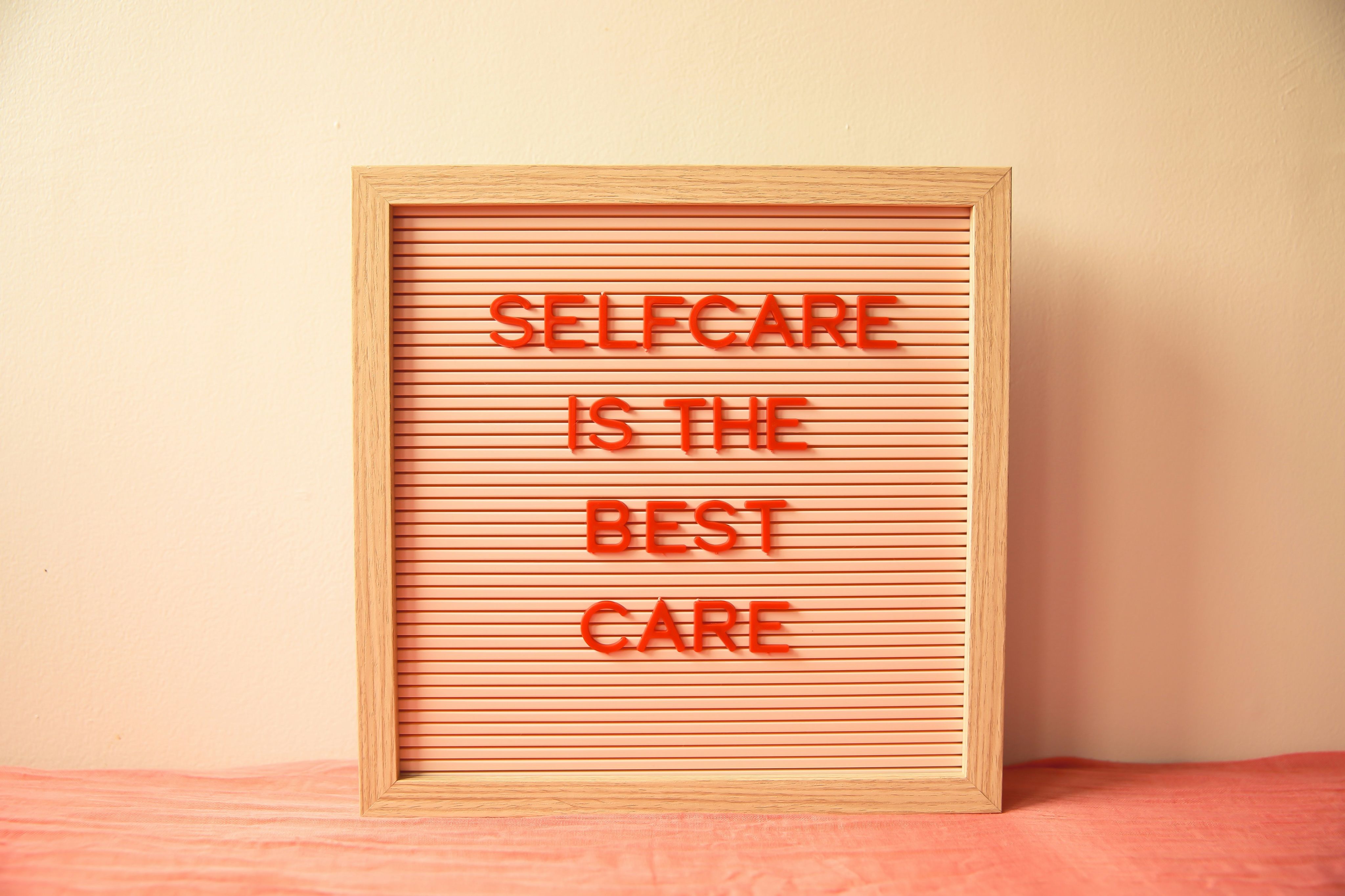Can AI Actually Help with Your Mental Well-being?

In today's fast-paced world, it's normal to feel a bit overwhelmed sometimes. While nothing can replace the amazing support from therapists and counsellors, AI tools are popping up as a handy extra helping hand. Think of them as a useful sidekick, not a replacement for your trusted professionals.
1. One cool thing AI can do is be a non-judgemental text-based listener.
You know those times you just need to vent without someone jumping in with advice or judging what you're saying? AI can be there for that. You just need to tell it what role to play. For example, you could try a prompt like: "Can you assume the role of a non-judgemental and supportive friend and listen to me without offering advice?" It's like having a digital diary that responds.
2. AI can also help you see things from another perspective.
As you chat more with an AI, it might start to 'learn' a bit about your way of thinking (don't worry, it's just about patterns in your words, not deeply personal stuff!). This can sometimes lead to it offering a new angle you hadn't considered. For instance, if you're stuck on a problem, you could ask: "What is a more constructive lens to view my current problems?" You might just discover a fresh outlook.
3. Another neat trick is that AI can suggest and walk you through simple relaxation techniques.
Feeling stressed? AI can guide you through simple breathing exercises or mindfulness practices. If you're struggling to understand a step, just ask it to break it down further. It's like having a mini-guide for calming down right in your pocket.
A Few Tips to Keep in Mind:
1. Choose wisely: Some AI platforms are better at this than others. Tools like ChatGPT and Gemini, for example, are pretty good at understanding and responding in a helpful way.
2. Privacy first: Always remember to keep your personal information and that of others, safe and private. AI doesn't need your deepest secrets to be helpful.
3. Prompt power: The better your question or instruction (your prompt), the better the AI's response will be. A good prompt leads to a quality conversation.
4. Pinch of salt: Just like you would with advice from a friend, it's good to take what AI says with a pinch of salt. It's a tool to explore ideas, not a definitive expert on your life.
So, while AI isn't a substitute for professional mental health support, it can definitely be a handy, accessible and private tool in your well-being toolkit. Why not give it a try next time you need a non-judgemental ear or a fresh perspective?



